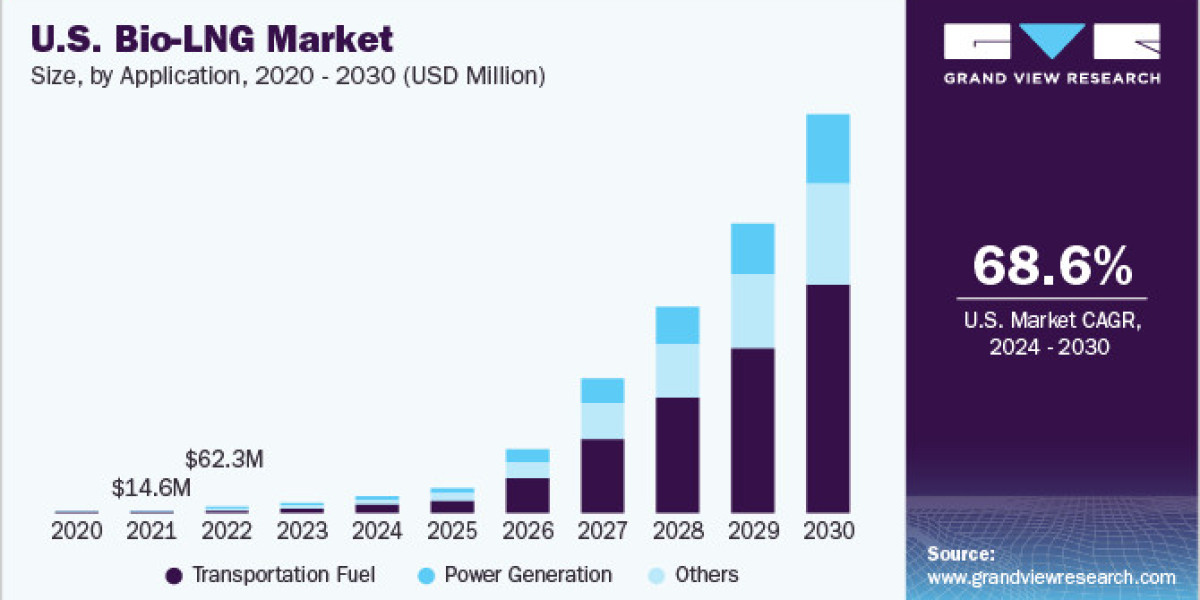The digital landscape has transformed dramatically over the last few years, with mobile applications becoming an integral part of business strategies. However, developing a mobile app from scratch can be an expensive and time-consuming process, particularly for small to medium-sized businesses.
This is where no-code mobile app builders come into play. These platforms enable businesses to create functional and visually appealing apps without the need for extensive coding knowledge. But with so many options available, how do you choose the best no-code mobile app builder for your business? This guide will walk you through the key factors to consider, including the benefits of using a white label mobile app builder.
Understanding No-Code Mobile App Builders
What is a No-Code Mobile App Builder?
A no-code mobile app builder is a platform that allows users to create mobile applications through a graphical user interface instead of traditional programming. These platforms provide pre-built templates, drag-and-drop functionality, and various customization options, making app development accessible to those without coding expertise.
Key Considerations When Choosing a No-Code Mobile App Builder
Define Your Business Needs
Identify Your Goals
Before diving into the selection process, it's crucial to clearly define what you want to achieve with your mobile app. Are you looking to increase customer engagement, streamline operations, or offer new services? Having a clear set of goals will guide your decision-making process.
Target Audience
Understanding who your app is for will influence the features and design you need. Consider factors such as age, location, and tech-savviness of your target users.
Features and Functionality
Essential Features
Identify the core features your app must have. Common features include user authentication, push notifications, payment gateways, and social media integration.
Customization Options
Look for a platform that offers extensive customization options. The ability to tailor the app's design and functionality to match your brand is vital.
Pre-Built Templates
Templates can significantly speed up the development process. Ensure the platform offers a variety of templates that suit your industry and use case.
Ease of Use
User Interface
The platform should have an intuitive and easy-to-navigate interface. A steep learning curve can delay your project and reduce efficiency.
Support and Resources
Check if the platform provides adequate support through tutorials, documentation, and customer service. Having access to a strong support system can be a game-changer.
Scalability
Future-Proofing
Choose a platform that can grow with your business. As your app gains more users, you may need to add more features or handle increased traffic. Ensure the platform can scale accordingly.
Integration with Other Tools
Your app will likely need to integrate with other tools and services, such as CRM systems, analytics tools, and marketing platforms. Verify that the no-code builder supports these integrations.
Security
Data Protection
With increasing concerns around data privacy, it's crucial to choose a platform that prioritizes security. Look for features such as data encryption, secure user authentication, and compliance with regulations like GDPR.
Regular Updates
The platform should regularly update its security protocols to protect against new threats. Check their update frequency and policies.
Pricing
Transparent Pricing Models
Understand the pricing structure of the platform. Some may charge a monthly fee, while others might have a pay-as-you-go model. Ensure there are no hidden costs.
Free Trials and Demos
Take advantage of free trials or demos to test the platform's capabilities before committing financially. This will help you assess if the platform meets your needs without any upfront investment.
Comparing Top No-Code Mobile App Builders
Conduct Thorough Research
Read Reviews and Case Studies
Look for user reviews and case studies to see how other businesses have benefited from the platform. This can provide insights into the platform's strengths and weaknesses.
Compare Features
Create a comparison chart of the top platforms you are considering. List down their features, pricing, support options, and user ratings to make an informed decision.
Seek Recommendations
Industry Peers
Talk to other business owners or colleagues in your industry who have used no-code mobile app builders. Their firsthand experience can be invaluable.
Online Communities
Join online forums and communities dedicated to app development. Engage in discussions and seek advice from experienced users.
Making the Final Decision
Test the Platforms
Once you have shortlisted a few platforms, sign up for their free trials. Spend time exploring their features and building a simple app to see how they perform.
Evaluate Performance
Pay attention to how smoothly the platform runs and how responsive it is. A reliable platform should offer a seamless experience without frequent downtimes or glitches.
Consider Long-Term Value
Think beyond the immediate needs and consider the long-term value the platform can provide. Factor in potential growth, future updates, and ongoing support.
Conclusion
Choosing the best no-code mobile app builder is vital for your business's digital success. Define your goals, understand your audience, and evaluate features, ease of use, and pricing. For e-commerce, a Shopify mobile app builder offers seamless store integration. Research and test options to find the right fit and create an effective app.








